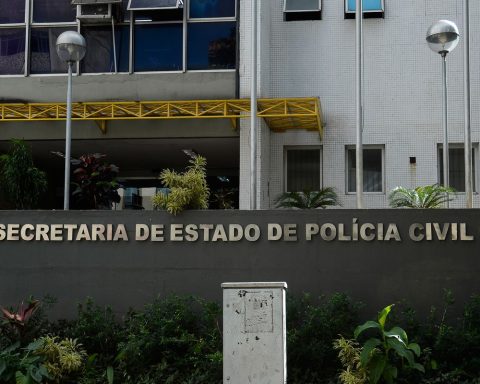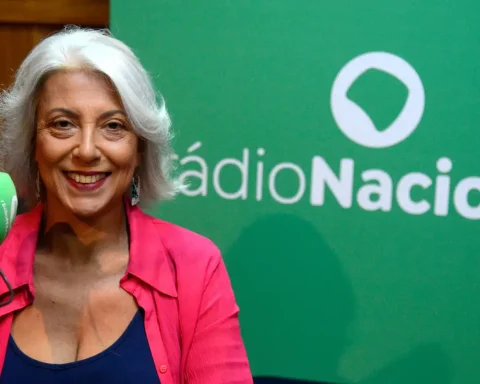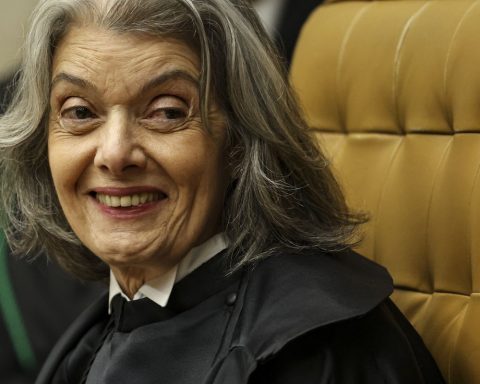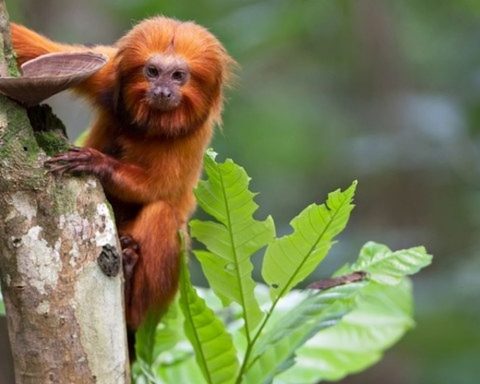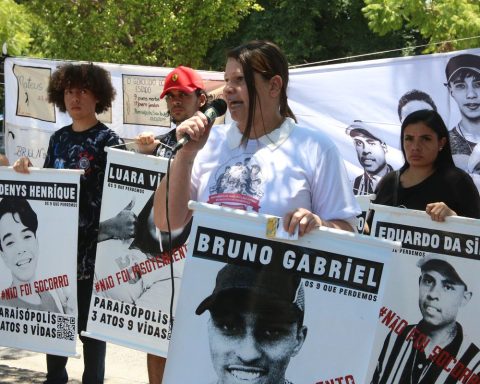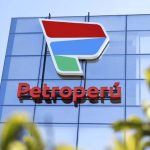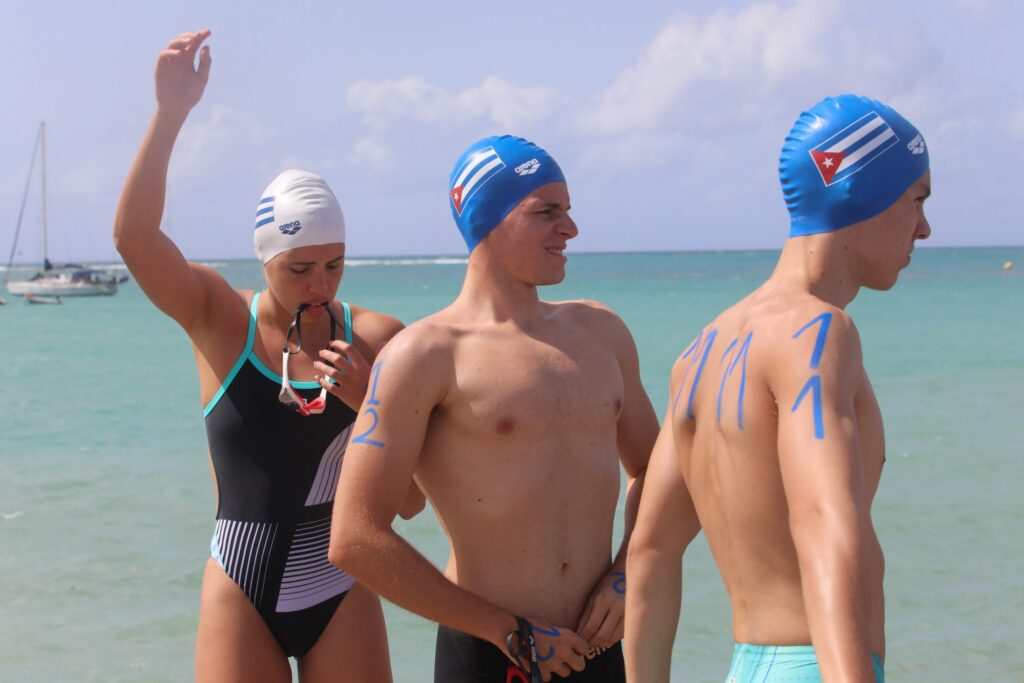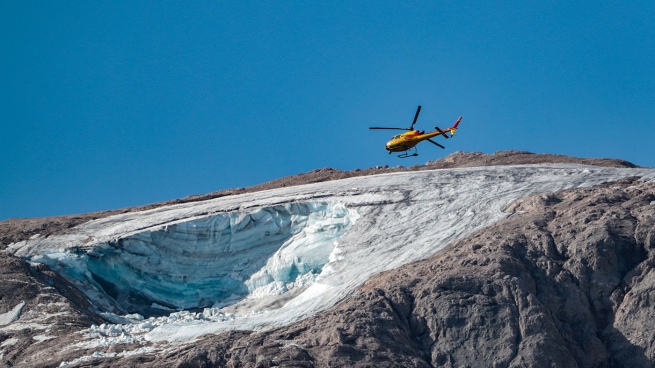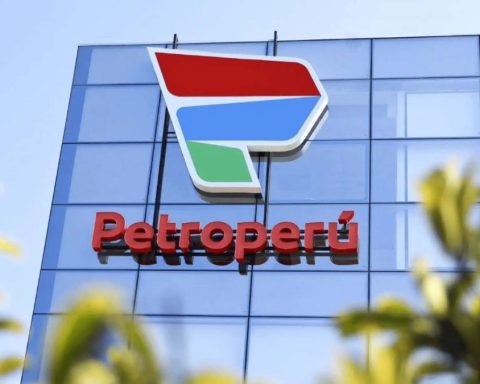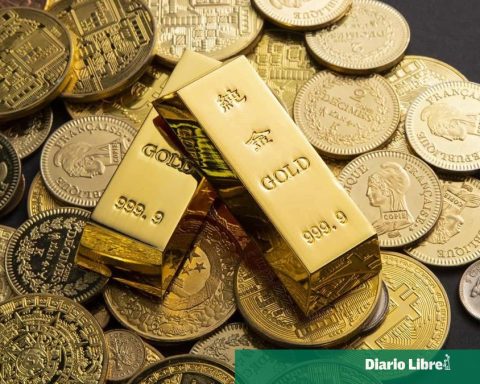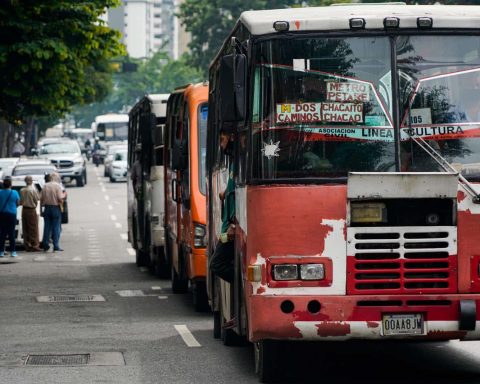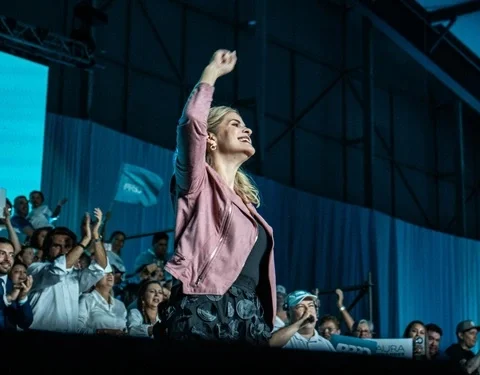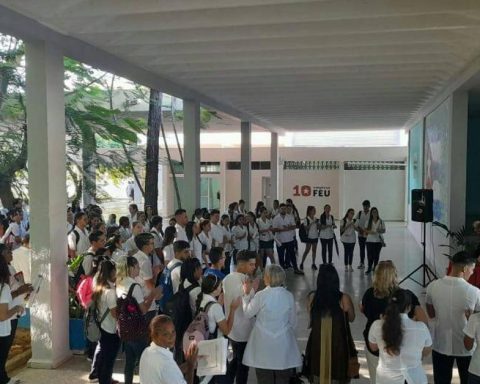When participating in the Brazil-Arab Countries Economic Forum – representing the Minister of Economy, Paulo Guedes – the Foreign Trade secretary, Lucas Pedreira de Couto Ferraz, stated, this Monday (4), that the reductions in export and imports can generate gains for traders of up to US$20 billion a year. However, he expects diversification in trade with the Arab countries. “Today we have a very important agenda with the Arab countries, but we would like to have a more diversified agenda, both in terms of exports and imports.”
The secretary highlighted trade with the Arab countries. “Our trade with countries has reflected the challenges of the complex geopolitical moment, given the growth of our exports of agricultural commodities to the countries of the region, as well as the increase in the supply of mineral commodities, especially those aimed at the trade of fertilizers. . Here, I want to highlight the important role of Morocco and Egypt in the fertilizer trade to Brazil,” he said.
Ferraz also highlighted Brazil’s position among the world’s largest suppliers. “We are important suppliers of agricultural, metallic and mineral commodities. Given the set of reforms that have been carried out in Brazil since 2019, aimed at improving our business environment, the process of Brazil’s ascension to the OECD has crystallized [Organização para a Cooperação e Desenvolvimento Econômico] among other measures that will bring improvements to the international business environment, increasing productivity, growth and generating jobs and more income in the long term”.
The Brazil-Arab Countries Economic Forum is dedicated to the central themes of the bilateral relationship between Brazil and the 22 countries that make up the League of Arab States. With the theme “Legacy and Innovation”, the forum takes place in São Paulo in a hybrid format, with broadcast to all over the world. The event runs until 5pm this Monday.
The Minister of Foreign Affairs, Carlos França, participated in the opening panel. He said that despite the recurring uncertainties of the pandemic and the conflict in Ukraine, relations between Brazil and the Arab countries have become more intense. “Our trade with the Arab countries reached the historic figure of US$ 24 billion in 2021 and still shows enormous potential for growth. Agribusiness products stand out in this exchange: Brazil has conquered the position of largest exporter of halal protein [produção de carne que segue rigorosas regras de sanidade e rastreabilidade e que atende a comunidade muçulmana] of the world. In addition to the food sector, demand for other items, such as iron ore, is still growing,” said the minister.
France highlighted imports with the supply of fertilizers for national agribusiness. “Arab investments in Brazil follow the positive trend, the Brazilian market becomes increasingly attractive, especially in the manufacturing, tourism, food and infrastructure sectors. Conversely, our companies are increasingly present in the region, as is the case with Vale, which maintains one of Brazil’s largest investments in the Middle East”.
The minister highlighted the role of the Brazilian Export and Investment Promotion Agency (Apex) in Dubai, in the United Arab Emirates, which has been working to identify opportunities and facilitate the insertion of Brazilian companies in the Arab market.


